Last week when we were in Palo Alto, we were fortunate enough to have a meeting with the director of Institute for the future. It was a great experience as I started to understand more about the importance of designing the future for myself and what does it take to predict the bright future ahead of us.
When talking about the future it is important to understand what is happening today, understand the change of the human behaviour and predict possible outcomes of certain behaviour. What the speaker mentioned was for instance, since the rise of the smartphones people started to stare at their phones more oftenly and consequently not being aware of the traffic. As population spend more and more time looking down they are creating a special signal on the roads and predict that there will be more traffic signs for pedestrians on the pavement. This being said, it is important to understand ‘now’ in order to understand why people behaviour is changing and how can we create better future based on the predicted outcomes. In order to create a future beneficial for the society, we need to understand problems of tomorrow and next week and not a year ahead as only with that kind of mindset we can solve today’s problems.
VUCA is the way Institute for the technology explains the future. What that means is volatility, uncertainty, complexity, and ambiguity. If we want to predict the future, for example, for the following year there will be a lot of volatility, questions, uncertainty, unclear predictions and vagueness predictions. If we are talking from an organisation point of view, VUCA can be considered regarding company’s stuff, partnerships, leadership etc. For that reason, companies should have a clearer vision and plan strategically by having hired the right people who can transform the short vision of the company towards long goal.
Furthermore, when doing a market research withing the organisation it is important to ask for opinions experts and not humans, as people would not be able to tell you what they want. First of all, they do not have the appropriate vocabulary and secondly, we even do not know what is possible and what not. In general, population only know about the objects they have seen before and cannot know what is it possible unless they are experts in a certain field.
“If I had asked people what they wanted, they would have said faster horses.” – Henry Ford. Quote from Henry Ford is an example that people said directly what they want but did not have the right vocabulary to explain it. What they meant is a better car that would be capable of driving fast and be affordable.
With this in mind, it is important to understand that no one cannot know what the future is going to look like, but we can predict and make the most suitable or desirable future for us by having good resources and seeking questions from experts in the field we want to be.
By understanding the VUCA philosophy helps us to transform volatility into vision, uncertainty into certainty, complexity into clarity and ambiguity into applicable. And this is how the successful future will be created.
https://hbr.org/2014/01/what-vuca-really-means-for-you
To create the most suitable future for ourselves we should seek answers and change impossible into possible. Knowing your own future is necessary to challenge our assumptions and reframe our unplanned weeks into months of success. When we have a plan for the future it is more likely for us to understand why are we heading in a certain direction and deliver the outcome effectively.
Designing the most wanted future for us can be achieved with having a foresight, do the research which allows us to test our assumptions and get to the stage of insight following by actions. Those three steps combine the repeated circle at any uncertainty when preparing the future.
Through the following years, there will be some major shifts that will consequently change our future. Those ones will include:
– from having an ownership over the certain thing to being accessible to the broader audience,
-from carbon to electric/ battery energy,
-from opaque to transparent,
-from manual to autonomous,
-from physical books to e-book (going back to physical books) etc.
What those shifts mean for the future is how those new innovations will again change the human behaviour. It is important to consider that it is easier to change the technology, that means programming the new code might take a day, whereas human nature needs time, even few years to adapt and switch their routine to new innovations.
The automated world is outside of the human control and as robots will have an important role in the future, the question is how will human interaction with the robots be embedded into the social norm and humanity. What we were discussing in a meeting at the Insitute for the future is that the way we will interact with other people by including all the technology around us will mean that we will need to be humans more than ever before. The video explains the importnce of it.
“The best way to predict your future is to create it.” -Abraham Lincoln
That is why let’s create your own future and take control over it if you do not want that the future creates you.
Be able to make your future, not only see it. The entry of the Institute fo the future, Palo Alto, California
Nature loves courage notebook at the bookstore

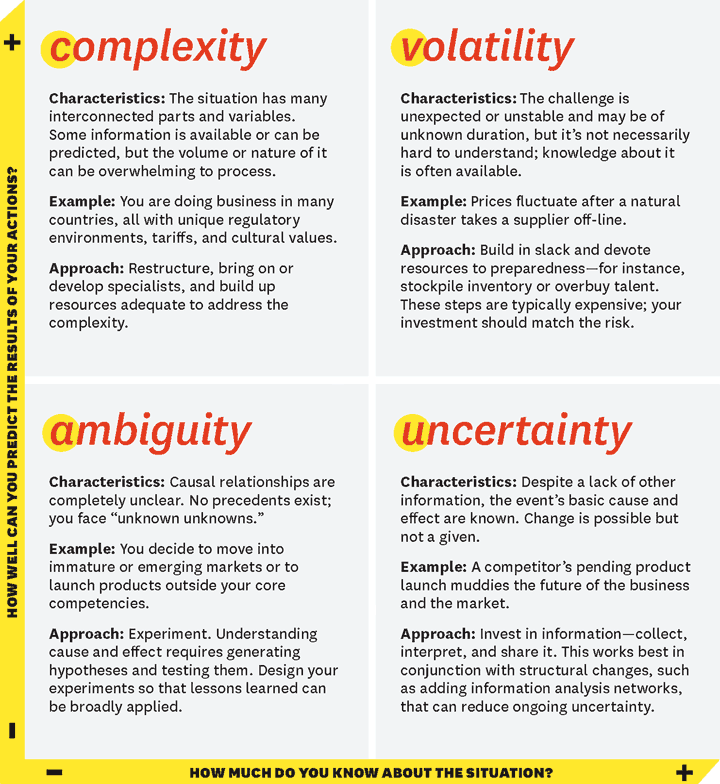
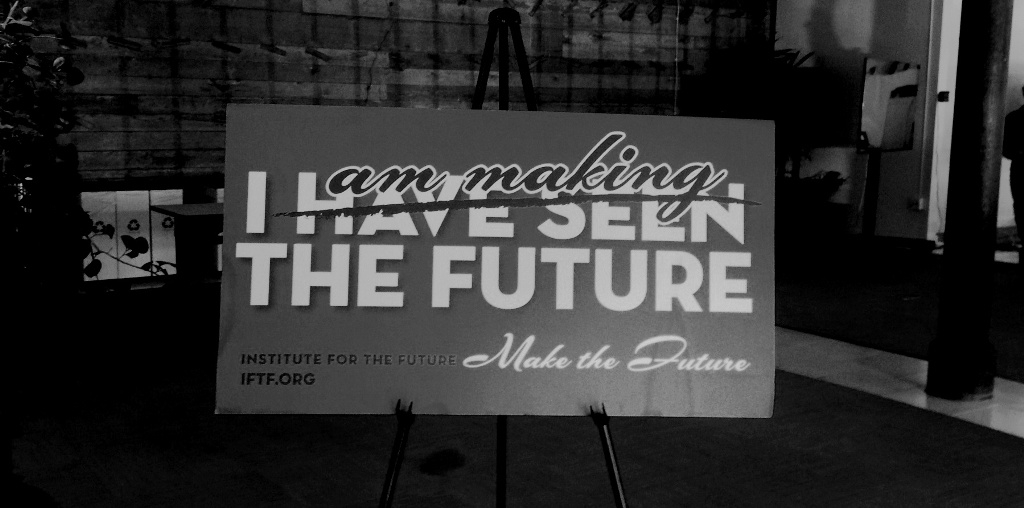
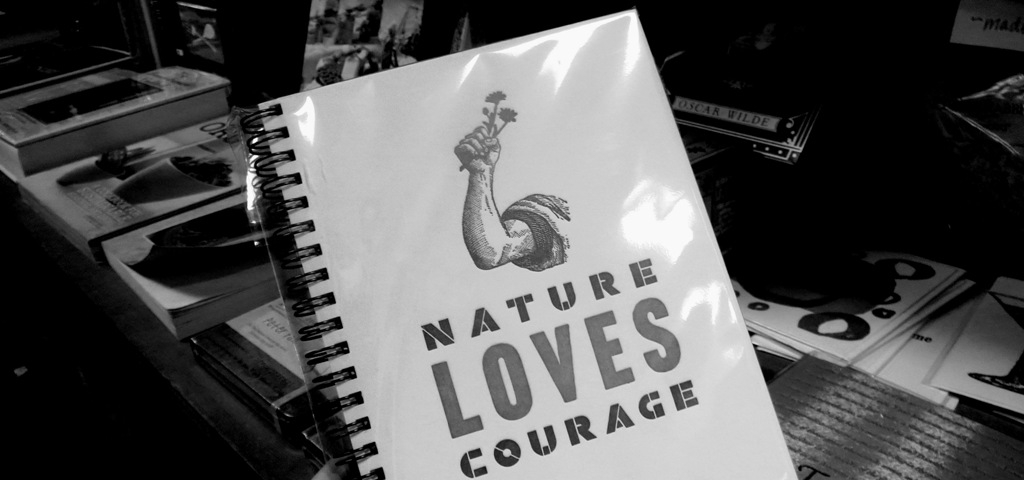
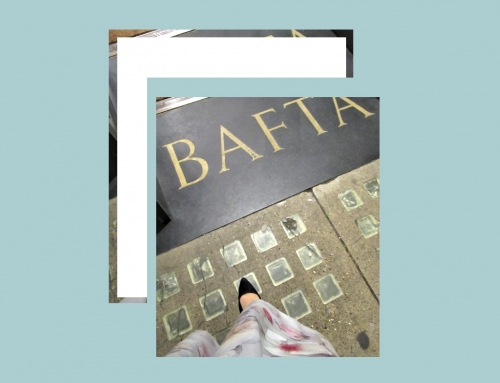
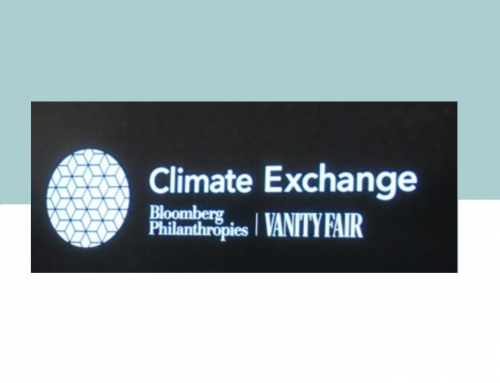
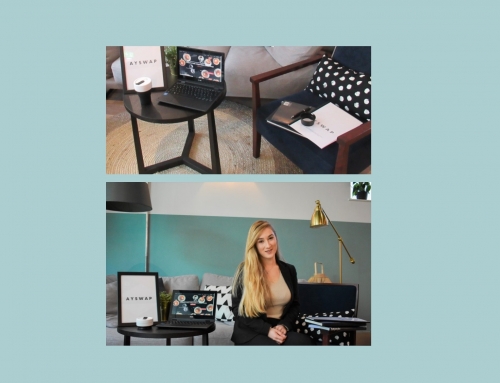
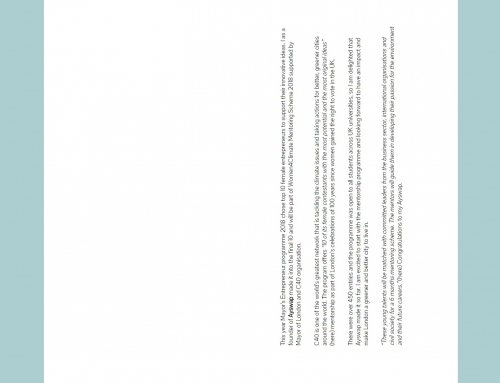
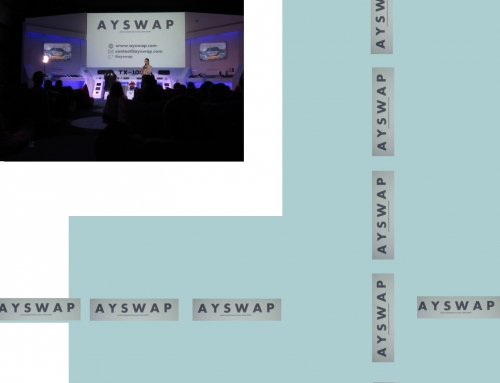

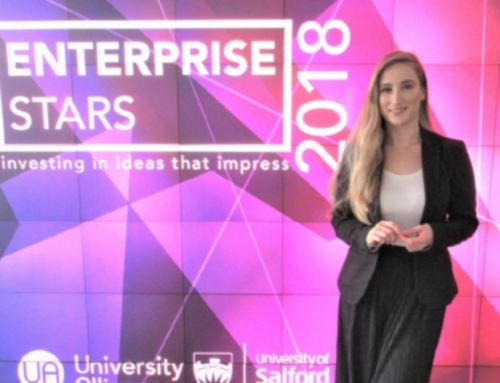












Leave A Comment